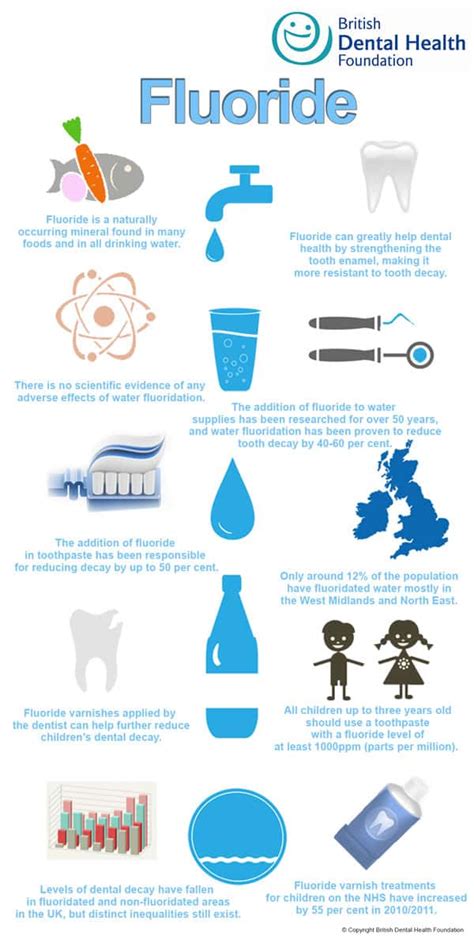Fluoride Treatment: A Comprehensive Food Guide
Fluoride, a naturally occurring mineral, plays a crucial role in maintaining strong and healthy teeth. While topical fluoride applications like toothpaste and mouthwash are common, dietary fluoride also contributes significantly to oral health. This comprehensive guide explores the relationship between fluoride and food, offering insights into foods rich in fluoride and how to optimize your diet for optimal oral health.
What are the benefits of fluoride for teeth?
Fluoride's primary benefit is its ability to strengthen tooth enamel, making teeth more resistant to acid attacks caused by bacteria and sugary foods. This protection reduces the risk of cavities (dental caries) and helps repair early stages of tooth decay. Fluoride works by integrating into the enamel's crystalline structure, making it harder and less susceptible to erosion. It also inhibits the growth of bacteria that produce acids.
What foods contain fluoride?
The fluoride content of food varies significantly depending on the soil composition where the food is grown and the processing methods. Foods naturally higher in fluoride include:
-
Tea: Both black and green tea contain relatively high levels of fluoride. The amount varies depending on the type of tea and brewing method. Stronger brews generally contain more fluoride.
-
Seafood: Certain types of seafood, particularly those from the ocean, can contain appreciable amounts of fluoride. Examples include tuna, sardines, and shellfish. However, the fluoride content can fluctuate based on the location where the seafood was caught.
-
Drinking Water: Many municipal water supplies are fluoridated, providing a significant source of fluoride for those who drink tap water. The level of fluoridation varies depending on local regulations.
-
Certain Fruits and Vegetables: Some fruits and vegetables grown in fluoride-rich soil may contain small amounts of fluoride. However, the amounts are usually far less compared to tea and seafood. The level can vary widely based on geographical location and agricultural practices.
-
Processed Foods: Processed foods can contain small amounts of fluoride, often from the water used in their preparation. However, these amounts are typically insignificant compared to the foods listed above.
Are there any risks associated with fluoride intake from food?
While fluoride is beneficial for teeth, excessive intake can lead to dental fluorosis, a condition that causes discoloration of the teeth. This is more commonly seen in children whose developing teeth are particularly sensitive to high fluoride levels. However, it's important to remember that getting fluoride from food sources typically presents a much lower risk of fluorosis than from other sources like fluoride supplements.
How much fluoride is too much?
The recommended daily intake of fluoride varies by age and is usually determined based on overall fluoride exposure from all sources (water, toothpaste, etc.), not just food. It is crucial to consult with a dentist or healthcare professional regarding appropriate fluoride intake levels for individuals, especially children.
How can I optimize my diet for optimal oral health?
A balanced diet rich in fruits, vegetables, and whole grains contributes to overall health and oral hygiene. While focusing solely on fluoride-rich foods isn't necessary, incorporating them as part of a healthy diet can help ensure adequate fluoride intake.
What about fluoride supplements?
Fluoride supplements should only be taken under the guidance of a dentist or doctor, particularly for children. They are usually recommended only when fluoride intake from other sources is insufficient. Over-supplementation can lead to serious health problems.
Can I get enough fluoride from my diet alone?
For most individuals, a combination of fluoridated water, fluoride toothpaste, and a balanced diet often provides sufficient fluoride. However, individuals in areas without fluoridated water or those with specific dietary restrictions may need to discuss fluoride supplementation with their healthcare provider.
What if I'm concerned about fluoride intake?
If you have any concerns about your fluoride intake or the fluoride levels in your water supply, consulting a dentist or healthcare professional is always recommended. They can provide personalized advice based on your specific situation and health needs. They can also assess your overall fluoride exposure from all sources to determine if adjustments are needed.
This article aims to provide general information about fluoride and food; it is not a substitute for professional medical advice. Always consult with your dentist or healthcare provider for any concerns related to your oral health and fluoride intake.

